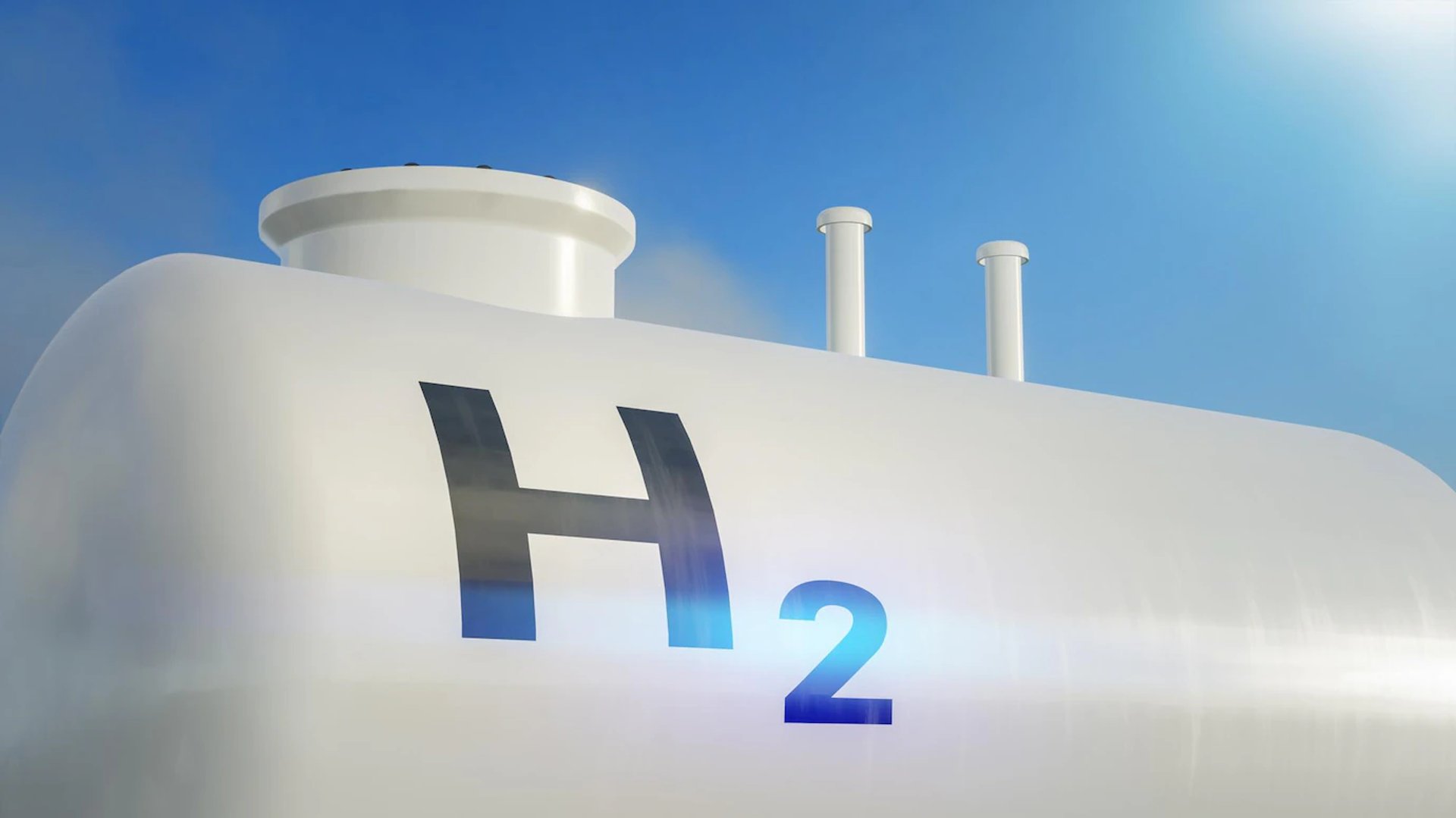
IS HERE
THE FUTURE


HYDROGEN
In recent decades, the world has witnessed a growing urgency to shift away from fossil fuels. Climate change, driven by greenhouse gas emissions, has prompted governments, scientists, and industries to search for sustainable alternatives. Fossil fuels—coal, oil, and natural gas—have powered industrialization, transportation, and electricity generation, but at the cost of environmental degradation and atmospheric pollution.
The need for a global energy transition is no longer just about environmental sustainability; it’s a matter of energy security, economic stability, and public health.
Hydrogen is the most abundant element in the universe. On Earth, it rarely exists in its pure molecular form (H₂); instead, it is bonded with other elements—most commonly oxygen in water (H₂O) and carbon in hydrocarbons.
Hydrogen energy refers to the use of hydrogen as a carrier or storage medium for energy. When hydrogen is used in a fuel cell, it reacts with oxygen to produce electricity, heat, and water—without releasing any carbon emissions.
As we venture into the age of renewable energy, hydrogen stands not just as an alternative fuel—but as a cornerstone of the clean, flexible, and resilient energy systems of the future.